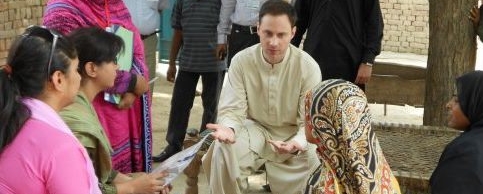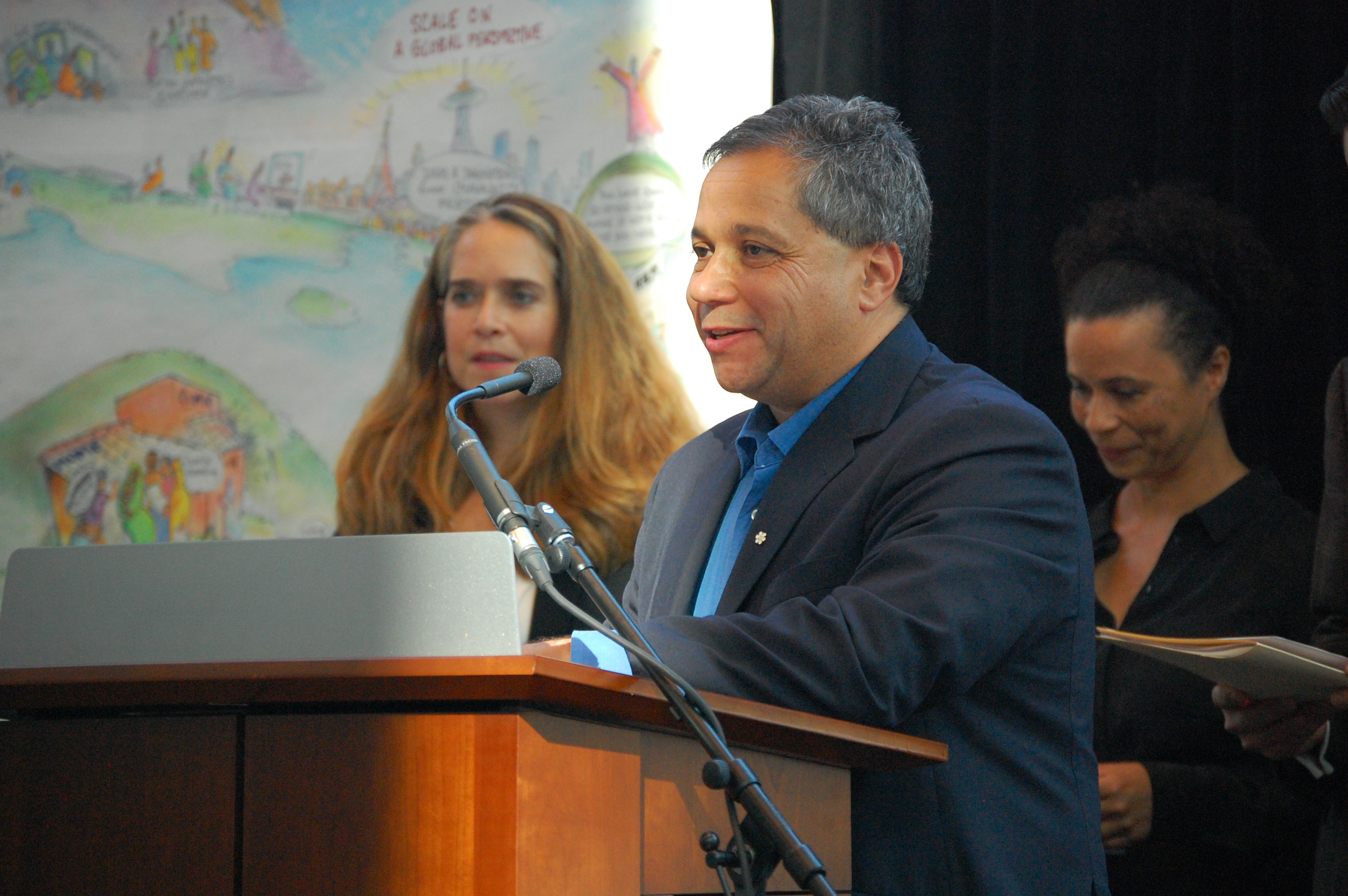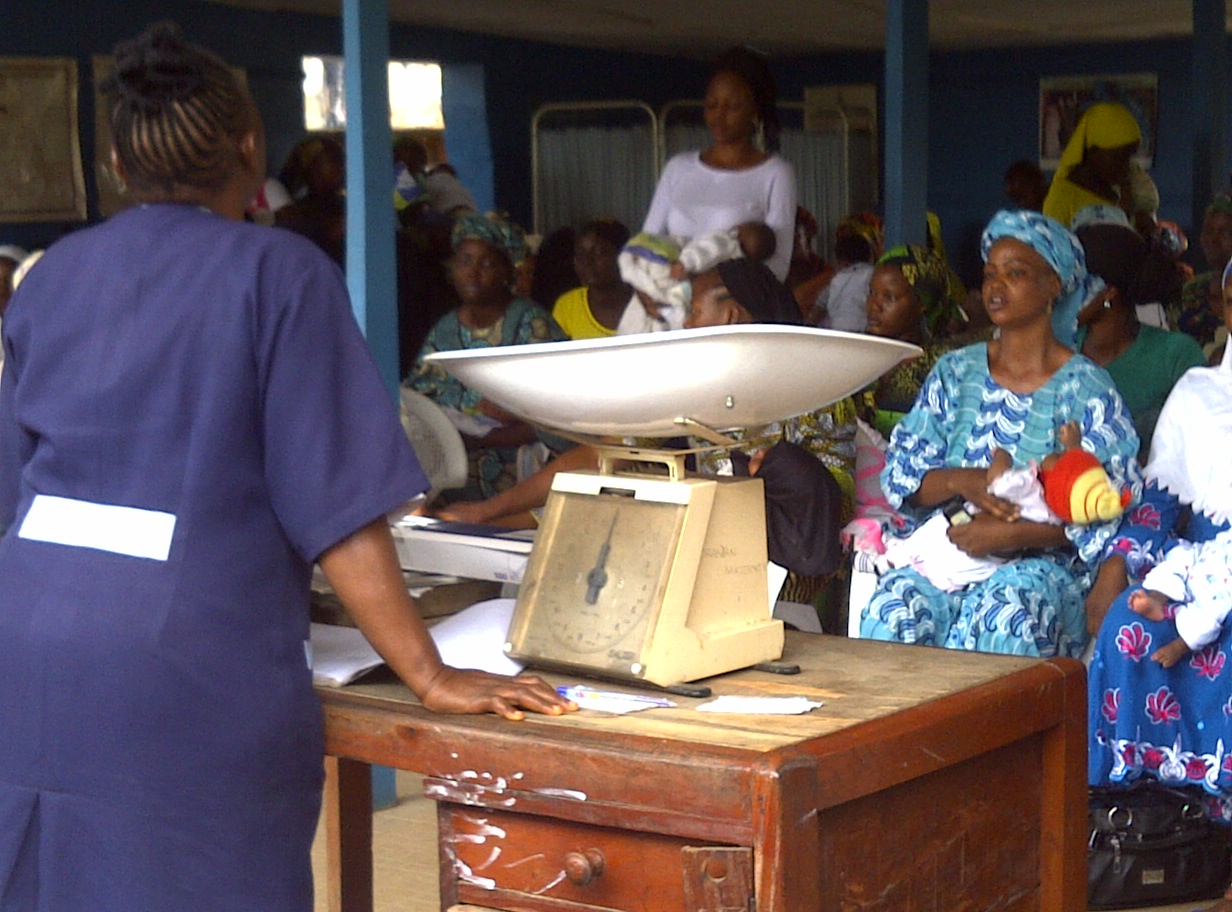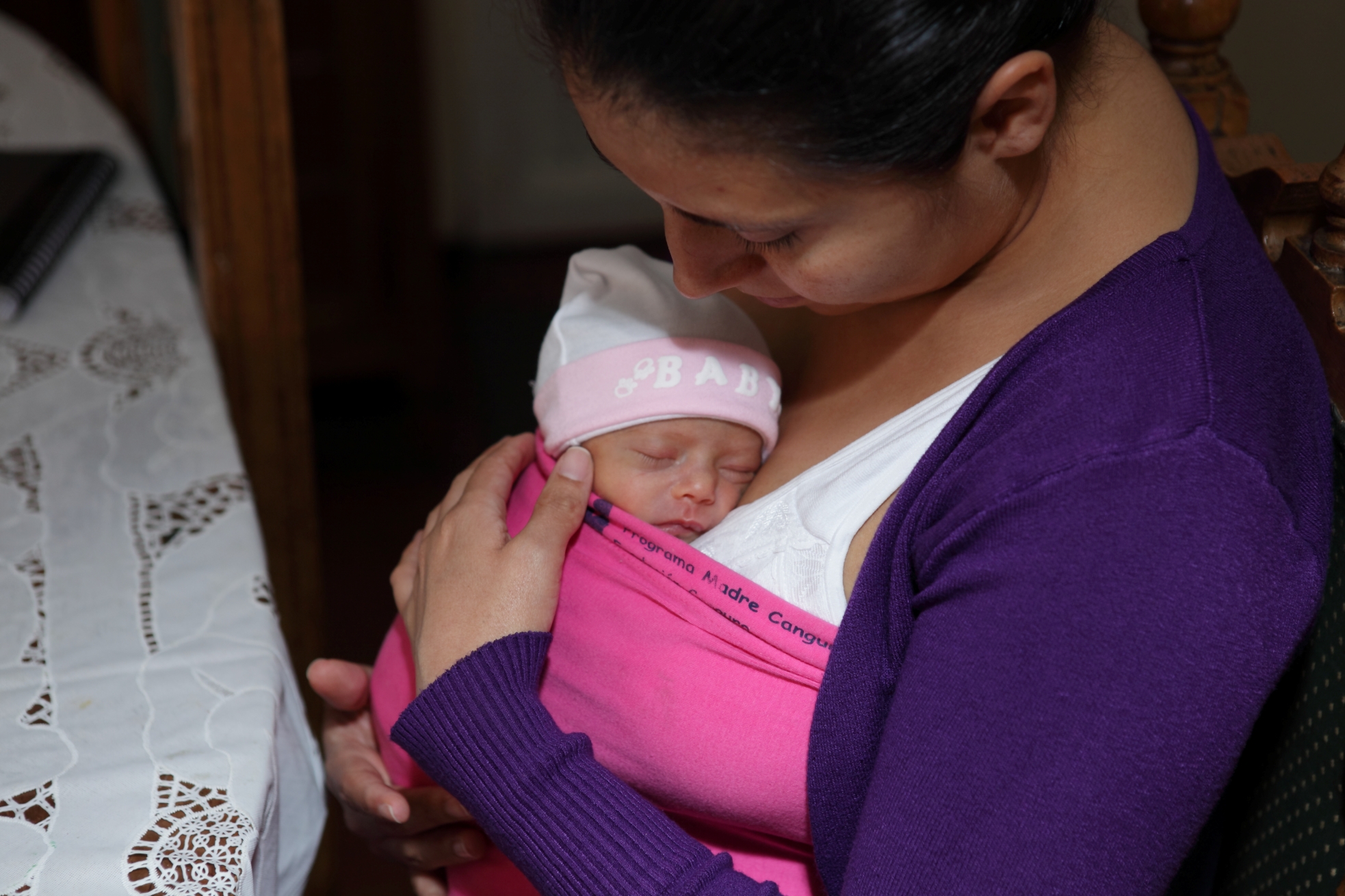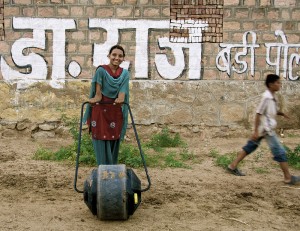
Next time you open the water faucet, think for a minute about how much we take that flow of drinkable water for granted. If you are reading this in a high-resource country like Canada, the water that pours out of the tap is clean and perfectly safe to drink. Not only that, the water has been delivered right to your door. It is stored and transported in a safe, cost-effective and efficient way, and we focus on conserving our precious water for future generations.



